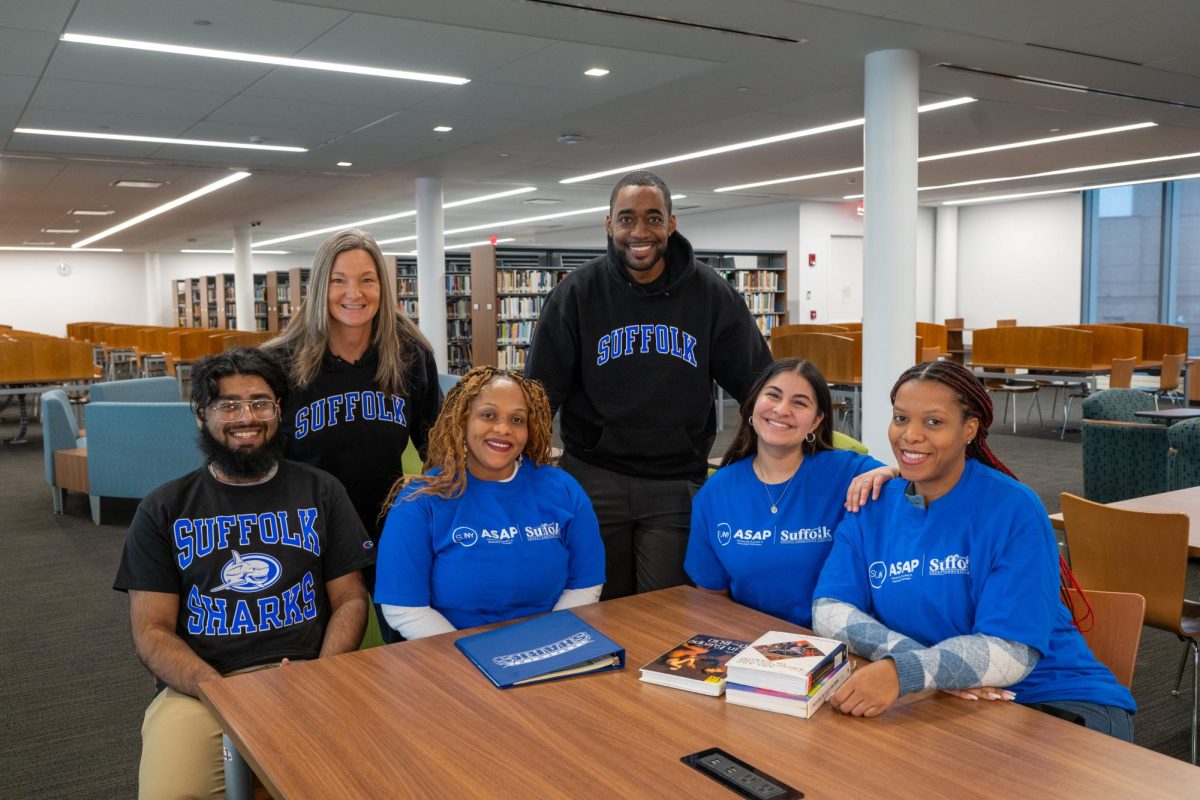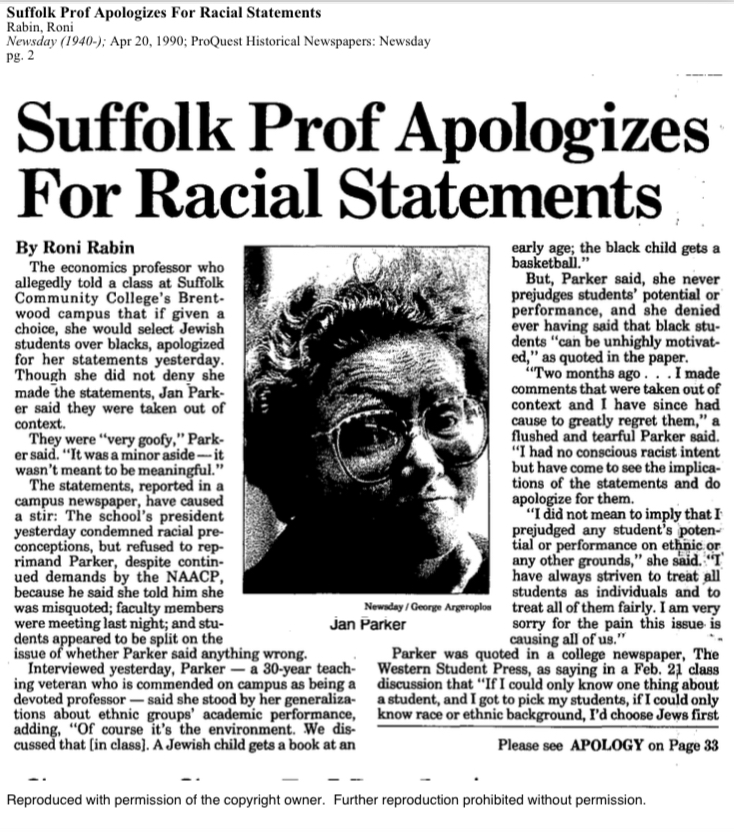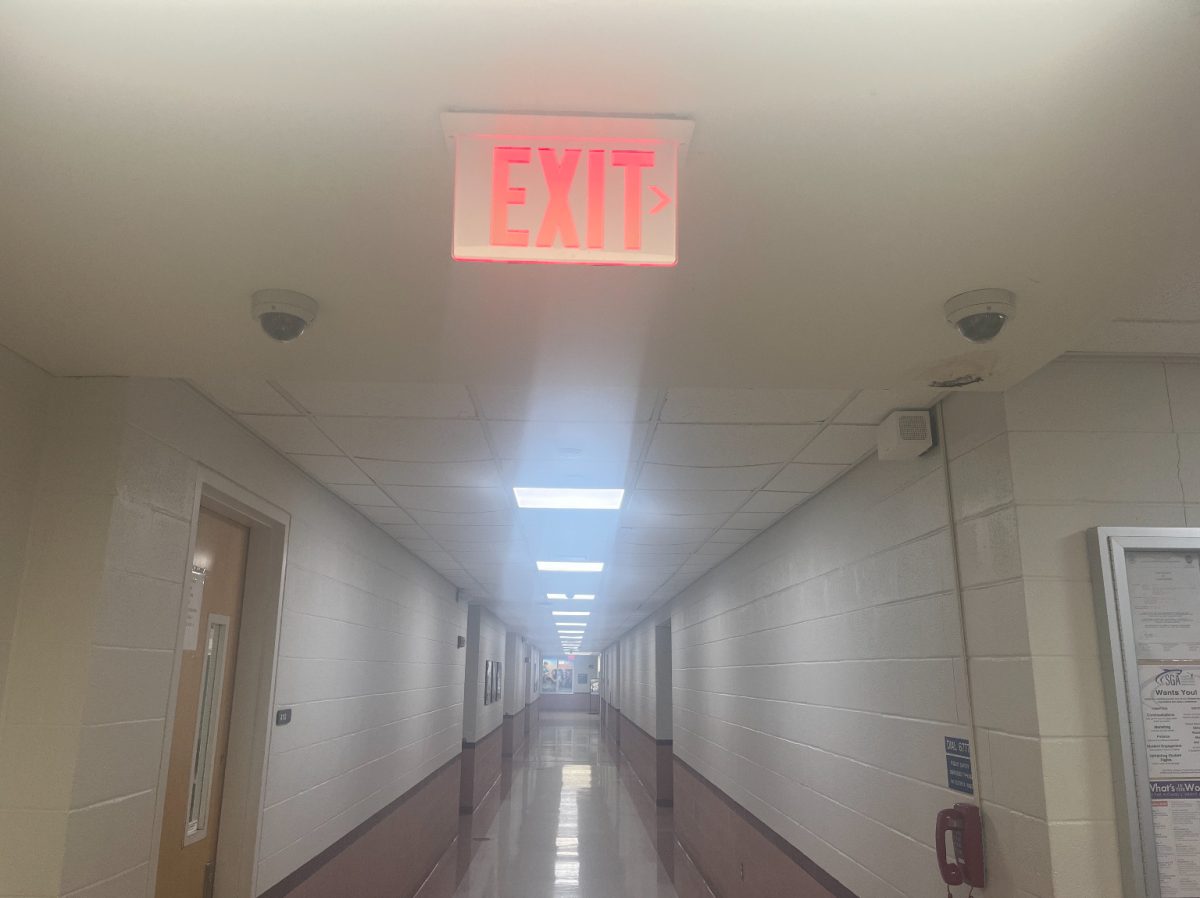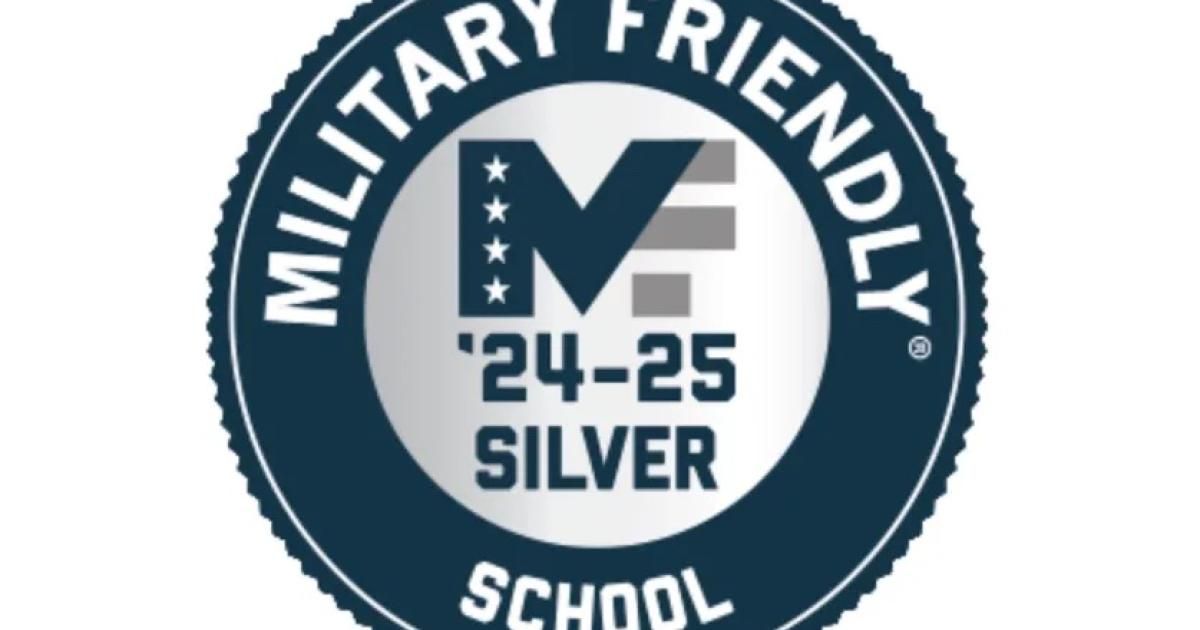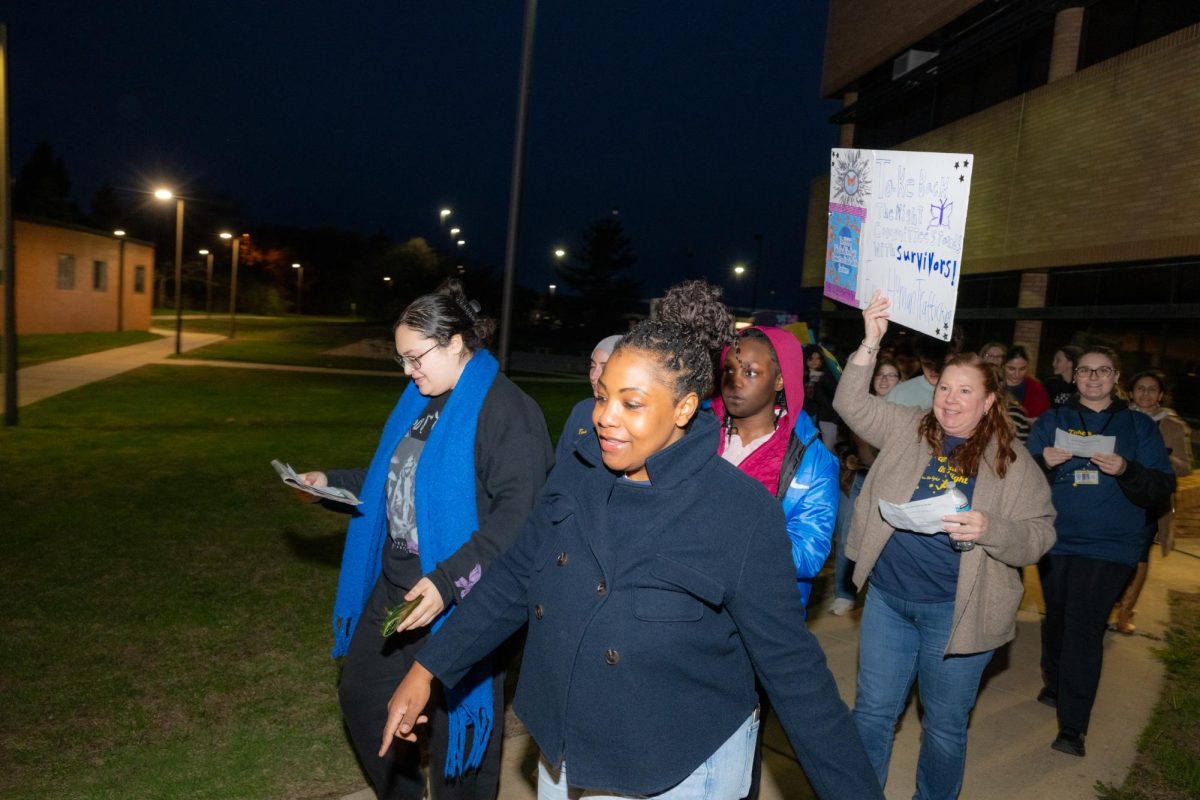Suffolk County Community College has seen a notable surge in online learning in the wake of the COVID-19, as both students and faculty adapt to new educational norms. Prior to the pandemic, approximately 10 percent of all classes at SCCC were conducted online. Currently, 25 percent of all classes are virtual. The world of education has irrevocably changed as online classes are here to stay; but the question remains: what are the benefits– and flaws– of remote education?
Students eager to take an online class have several different categories from which to chose. First there are classes that are fully online, where a student completes all assignments on the online student platform, Brightspace. They are fully asynchronous, meaning there are no meetings, and students can choose to do assignments and tests at their own place, as long as it is completed before the designated deadline. Another classification is “real-time online”, in which classes are similar to an in-person classroom experience, except it is over Zoom meetings. Real time online classes are completely synchronous, as students can ask professors questions in real time and also interact with other students without having to actually be in a classroom on campus.
The other categories can be described as a hybrid of real time and completely online classes, and in-person classes. For those not comfortably doing a class entirely online, they can choose to take a blended course. These classes meet either on campus or over Zoom at a designated time every week, with the remainder of the course through remote learning.
A subset of these hybrid courses is called Hyflex, colloquially referred to at SCCC as “Sufflex.” These classes have a combination of students taking a class in person and sychronously on Zoom simultaneously. This can be a convenient option for a student taking a class on another campus without having to commute.
Technically anyone may take an online class, but there are some things to consider. Remote learning may be more convenient, but it is not necessarily easier. First, there are necessary resources like computers and adequate internet that one must have available. Students taking online courses are expected to be independent and proactive learners, showing diligence towards completing all assignments in a timely fashion. SCCC currently offers a survey for students curious as to whether they have the means to succeed in an online course.
While online classes aim to provide students with an education comparable to that of in-person learning, the intricacies of achieving this goal are complex. Dr. Cynthia Eaton, co-chair of the Faculty Association of Suffolk Community College Distance Education Committee tells the Western Student Press, “I do feel confident that the students in my DE sections … have the same learning opportunities as my on-campus sections. I work hard to ensure this in every class.” While Dr. Eaton draws from her near 20-year experience teaching classes online, she acknowledge that other opinions may vary.
Indeed, SCCC students have mixed feelings about remote learning, reflecting the unpredictable nature of online courses where the outcomes can be uncertain. Will the professor answer your emails at a reasonable time? Will their office hours be over Zoom or just a designated time where a student can expect an immediate response to an email? Will the professor be a dedicated educator or someone who is looking to make some extra money? While all classes at a college can be varied, whether in-person or remote, the risks of having an unsatisfactory instructor are greater with distance learning, particularly when many professors lack experience with online courses.
Another issue that comes up frequently in conversations about online classes is cheating. While academic honesty has long been a concern, it’s evident that online classes are not immune to these challenges. When asked by the WSP, many students openly admit to engaging in cheating practices when taking online courses. For instance, one student expressed a preference for online math courses due to the ease of achieving high grades through cheating. Another admitted to finding quiz answers through a simple Google search. Additionally, instances of blatant plagiarism on discussion boards have been reported, with some students copying their classmates posts from the same discussion forum without repercussions for weeks. With the advancement of A.I. technology, students have access to increasingly advanced resources, which can be utilized both for academic enhancement and, unfortunately, for cheating purposes.
Despite the ease of cheating, instructors are doing their best to combat it. Many professors use A.I. detectors for writing assignments, even though they sometimes spot false positives. Also, in lieu of a professor giving questions straight from a textbook, they can ask students for their opinions on certain topics, forcing students to have some knowledge of the curriculum. Dr. Carol Hernandez, another co-chair of the Faculty Association Distance Education Committee believes success in this dynamic depends on mutual commitment from both parties, but it can falter if one side fails to uphold their end of the bargain. She tells WSP, “Online classes best work with active participation from both professors and students.” .
For the spring semester, Suffolk County Community College offered 25 percent of classes to be distance education–27 percent including hybrid classes. While biology classes are predominantly conducted in-person, accounting for only 12 percent of distance education courses, the psychology department shows a higher reliance on online instruction, with 38 percent of classes offered remotely. This percentage spikes to 50 percent during winter and summer sessions, indicating a significant shift towards online learning. For the 2024 Wintersession, Suffolk County Community College offered just five on-campus classes, with the majority being either conducted online or held off-campus but in-person. The distribution of classes underscores SCCC’s future direction regarding online education, with maintaining current figures appearing to be a plausible course of action.
During the pandemic, many colleges, including Suffolk County Community College, experienced a significant enrollment decline. Despite federal relief funding, the college is actively seeking methods to boost enrollment. Additionally, although the percentage of high school graduates attending Suffolk has remained steady at around 13%, there has been a decline in the overall number of high school graduates on Long Island. Consequently, the college may need to focus on attracting more adult learners aged 25 and older who may prefer or require online classes due to work or family commitments. Online education offers a flexible solution for individuals with obligations beyond schhol, allowing them to pursue their education without the constraints of on-campus attendance multiple times a week.
Legislator Trish Bergin, who represents Suffolk County’s Legislatures 10th District in East Islip, has voiced concerns, preferring students take classes in-person. While Legislator Bergin remains skeptical, she understands that some students need to work full-time while getting their education, and online classes are their only choice to maintain that balance. She also believes online learning provides an avenue for the school to attract more students, telling WSP, “The school should stop building buildings and focus more on trying to get as many students to enroll as possible.”
Online classes offer a broad array of opportunities for various student demographics. Adult learners seeking education but constrained by time or other commitments, individuals uncomfortable with in-person settings, and self-sufficient students adept in computer skills can all greatly benefit from the flexibility of online courses. However, it’s essential for students to recognize that online learning might not suit everyone, and schools must ensure students are informed about available resources to make informed decisions. There are inherent risks associated with online classes, where the quality of the experience can vary significantly depending on various factors.
There is certainly room for improvement in assuring students that the online learning experience is on par with in-person instruction. Dr. Hernandez proposed implementing course evaluations by students, a practice widely used at other institutions. These evaluations would provide students with an opportunity to voice their opinions about online classes, including areas for improvement, strengths, likelihood of enrolling in similar courses in the future, and any other pertinent feedback. As the world increasingly relies on online education, it’s crucial for individuals to be well-informed about their options and the potential limitations of online learning.




